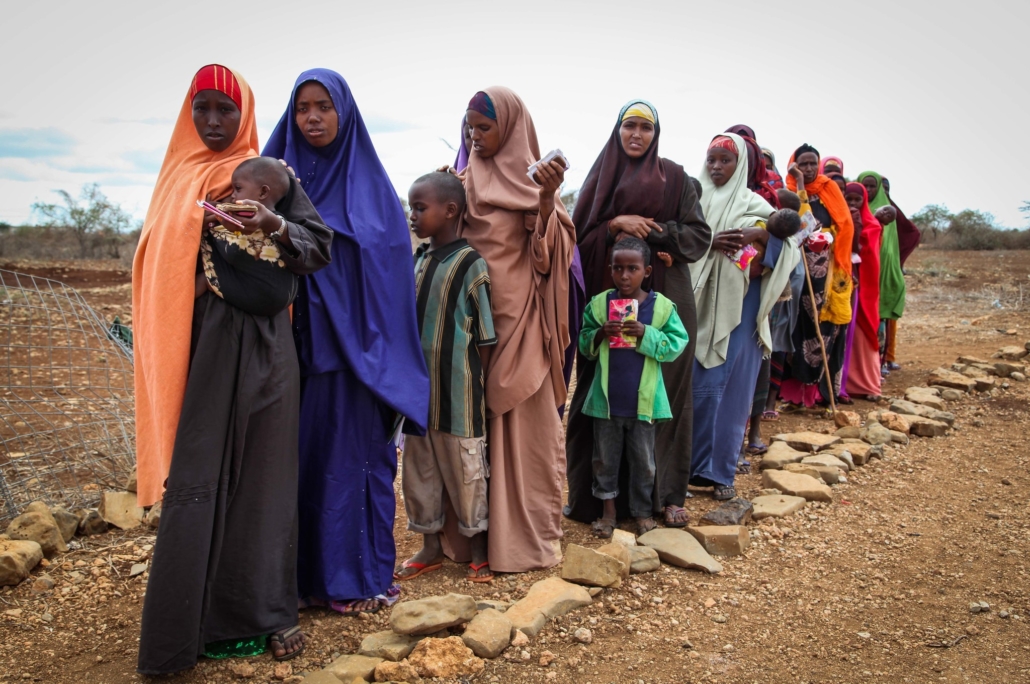Improving Healthcare in Burundi

Burundi is a landlocked country in East Africa with a dense population of 11.89 million people. Due to overpopulation, an ongoing humanitarian crisis and more than 73% of the population in poverty, healthcare in Burundi is unstable, and the people of Burundi are highly susceptible to the wide variety of diseases that are plaguing the country.
Current Health Risks in Burundi
Accessibility to healthcare in Burundi continues to be an issue for civilians, shown through the rise in deaths that diseases and epidemics caused. COVID-19 has affected the country as a whole and posed a threat to the already fragile healthcare system with records of 104 cases and one death as of June 16, 2020, although the need for more resources and vaccines was already in question long before this specific virus. Without proper treatment or preventative care, diseases like measles, malaria and many other infectious diseases put the population at risk.
In April 2019, the number of measles cases increased to 857 and refugees were reportedly spreading it to communities from refugee camps. Meanwhile, there were 504 cases as of March 2020. Out of the 18 provinces of Burundi, 63% of those districts face a high risk of infection. Low immunity and vaccination rates are two factors putting communities in compromising positions.
Malaria is an ongoing epidemic in Burundi that has claimed the lives of more than 3,170 people, and it continues to spread. Reports determine that the number of cases is 1.2 million, showing a slight decline in cases in comparison to the 1.7 million in 2019. Malaria is treatable and preventable through vaccination and the proper medication; however, access to these supplies and resources is scarce.
Focusing on the Issue
The numbers on infection and mortality rates of treatable and preventable diseases in Burundi show a need for redirection. Seeing this need, various organizations have proposed ways to put a spotlight on the lack of funding for healthcare systems and supplies and provide the funding necessary to see progress. Here are a few ways organizations are addressing this:
- In April of 2020, the World Bank and International Development Association (IDA) put into motion a $5 million grant to prevent and counter the spread of COVID-19 and reinforce the preparedness of the health care system of Burundi as a whole. These funds will assist the country’s healthcare system in receiving necessary testing and treatments for existing diseases and epidemics. In coordination with this, the World Bank will disburse $160 billion over the span of 15 months to “protect the poor and vulnerable, support businesses and bolster economic recovery.”
- Dr. Norbert Mugabo, a medical officer from Cibitoke province, set out to vaccinate more than 17,000 children as part of a measles vaccination initiative in April of 2020. Dr. Mugabo hopes to reach children between the ages of 9 months and 15 years in light of the outbreak in November 2019.
- The International Rescue Committee (IRC) set many goals to aid Burundi in 2020. It determined that its main avenue for providing all-around better healthcare is starting with the basics. For example, the IRC intends to rebuild hand washing stations, boosting hygiene and addressing sanitation issues. These small steps forward have the ability to make a big difference long term.
The healthcare system in Burundi lacks the resources and funding needed to help the overall population thrive. However, with the help of dedicated professionals such as Dr. Mugabo and organizations such as the World Bank and the IRC, change in a positive direction is right around the corner.
– Katie Mote-Preuss
Photo: Flickr
